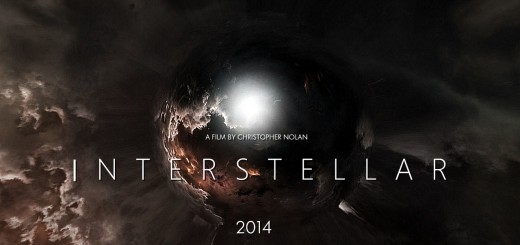Review: The Post Offers Mix of History, Good Acting, and Relevance
 Meryl Streep (far left) and Tom Hanks (far right) star in the movie. (Source: https://movieweb.com/the-post-movie-trailer-2017-spielberg-hanks-streep/)
Meryl Streep (far left) and Tom Hanks (far right) star in the movie. (Source: https://movieweb.com/the-post-movie-trailer-2017-spielberg-hanks-streep/)Political scandal, steady tension, tough calls, and what seems like a race against time. Historical films may not usually be the first choice of the movies to see for high school students, but The Post is certainly something worth seeing.
The Post, which came out this January, is directed by Steven Spielberg and stars Meryl Streep and Tom Hanks. The film follows the true story of the leaking of the Pentagon Papers, a series of classified U.S. government documents from multiple presidential administrations containing reports on America’s involvement in the Vietnam War that showed that the United States continued to pour resources and soldiers’ lives into the war even as the government concluded that the war was unwinnable. Specifically, it focuses on the challenges, both personal and professional, faced by newspaper publisher Katharine “Kay” Graham (played by Streep) and editor-in-chief Ben Bradlee (played by Hanks) while trying to publish the story in The Washington Post after The New York Times is restrained upon breaking the story.
The film draws the bulk of its strength from Streep’s performance. The character of Kay Graham is a person who has to deal with numerous challenges, ranging from navigating the newspaper that has run in her family through risky financial waters to contending with her doubters in the company who don’t always trust her leadership (in large part because of her gender). The turbulence brought in by the Pentagon Papers scandal represents a combination of all these problems, with multiple voices trying to sway her from all sides. Streep does a good job of presenting Graham’s insecurities and eventual assertion of her own will through a variety of interactions with other characters like Bradlee (whose role adds both wit and grit to the story), her advisors, and her daughter.
Solid pacing also aids the storytelling. The manner in which new developments in the Pentagon Papers story are constantly springing up keeps the plot moving. The race by Bradlee and his reporters to get the story to the presses quickly and the limited time that Graham has to make a decision about whether to publish the story add tension.
Another great aspect of The Post is the way that the film does not aggrandize the images of the people portrayed. The heroes of the story are not made out to be flawless or unreachable. In other words, they are relatable and shown to be regular people. It is apparent in things as small as reporter Ben Bagdikian (played by Bob Odenkirk) clumsily fumbling with coins at a payphone while trying to talk to his source or as big as Graham struggling to decide whether to publish the controversial story with so many risks, initially stumbling on her words as she announces her decision. Despite the great importance of the characters’ actions, they remain human. Other fascinating features include historical tidbits such as the use of former president Richard Nixon’s phone calls and mentions of the close relationships between journalists and politicians in Washington.
The film has some shortcomings. Unless one is already familiar with the background of the Pentagon Papers story, it can be difficult at times to understand parts of the film, especially with the slew of people who only make brief appearances. For the most part, The Post does a good job of avoiding oversaturating itself with exposition; in fact, the film could have used just a little bit more.
Still, The Post is a film that merits viewing. It not only portrays an important moment in contemporary American history (Mr. Murphy agrees) but lends itself to today’s discussion about the role and state of the press. Some see the film as a defense of today’s press amidst widespread criticism of the media (including some harsh words from President Donald Trump) while others view the events portrayed in the film as the sort of good journalism that today’s media have strayed away from. Where does your opinion fall? You’ll have to see the movie to find out.



